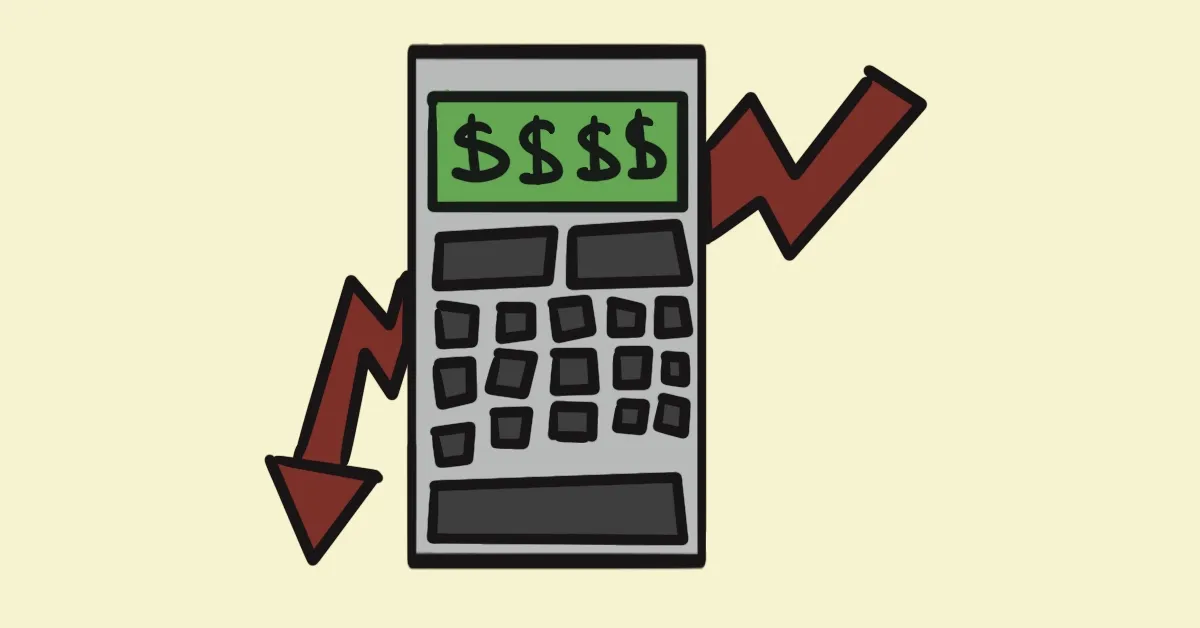Canada faces an economic reduction toward the end of 2023
In an unexpected turn, Canada's economy contracts by 1.1 per cent in the third quarter, leading to a wave of layoffs across major banks and companies.
The Canadian economy faced an unexpected reduction of 1.1 per cent in the third quarter of 2023, according to recent data released in November 2023. Interestingly, this figure has arisen at a time of unchanged household consumption and has caught many economists and policymakers by surprise.
This downturn is stark in contrast to the previous quarter, where a revised estimate revealed an annualized growth of 1.4 per cent, and a growth of 2.5 per cent in the first quarter.
The contraction has been attributed to the cooling of consumer and business spending caused, in part, by higher interest rates. The Bank of Canada’s high interest rates, aimed at curbing inflation, have had significant implications in terms of spending behaviors. Despite these challenges, economists hesitate to define this period of time as an economic recession. According to Nathan Janzen, an assistant chief economist at RBC, the reason for this is because “the declines are still very small.”
Regardless, the economic landscape is far from stable. Economists like Doug Porter, BMO’s chief economist, express their concern about Canada’s pulsing economy. Porter notes that, while the Canadian economy is managing to keep its head above “recession waters,” its growth has flattened.
According to Statistics Canada, factors like the reduction of international exports and slower business inventory accumulation, exacerbated by increased government spending and housing investment, have also contributed to the downturn.
The employment sector is also feeling the brunt of the economic slowdown. Major Canadian banks and companies are announcing significant layoffs, signaling growing concern about the economic outlook. TD Bank, one of the largest banks in Canada, recently announced a three per cent cut in its workforce, affecting thousands of workers.
The layoffs at TD Bank are part of a broader trend in the Canadian job market. Businesses across various sectors are reassessing their workforce needs in response to the economic downturn. The contraction in the third quarter, alongside growing uncertainty, is prompting companies to adopt a more conservative approach to staffing.
For a second consecutive quarter, consumer spending remains flat, reflecting that households are opting to save more despite a rise in disposable income. This shift in consumer behavior is a direct response to the current economic climate, where higher borrowing costs and general uncertainty are making Canadians more conservative in their spending.
The Bank of Canada is caught in a delicate balancing act. While the bank’s primary goal is to reduce inflation, which has eased from a high of 8.1 per cent in the summer of 2022 to 3.1 per cent in October, the central bank must also ensure that its policies do not tip the economy into a recession.
Their next interest rate decision will be announced on December 6 and is widely anticipated, with economists expecting the bank to hold rates steady as the economy shows signs of weakness.
Amidst these challenges, there are some positive indicators. Statistics Canada’s preliminary estimate reveals the economy grew by 0.1 per cent in September and 0.2 per cent in October. This slight uptick offers a glimmer of hope that the Canadian economy might be on a path to recovery, albeit a slow and uncertain one.
The situation in Canada mirrors global economic trends, where countries are navigating the complex interplay of post-pandemic recovery, inflationary pressures, and geopolitical uncertainty. As Canada moves toward the end of 2023, the focus remains on overcoming these challenges effectively to ensure a stable and resilient economy.
Canada’s contraction in the third quarter, coupled with the ripple effects on the job market, underscores the need for cautious and strategic economic policies. The coming months will be crucial in determining whether Canada can successfully navigate these turbulent waters and set the course for sustainable growth in the future.
Associate News Editor (Volume 50) — Karine is currently completing her bachelor’s degree specializing in Digital Enterprise Management at UTM. She has been involved with The Medium since 2022 as a contributor. She hopes to contribute to society's efforts to provide authentic and factual journalistic media to educate her readers during her time at The Medium. Her goal is to take her interest in ongoing research within the business and technology field and explore ways to share it with others through this platform. In her spare time, she enjoys going on walks, FaceTiming her family, and painting sunsets with her friends. Moreover, she passionately pursues the chase of the Aurora Borealis, seeking to experience and capture the breathtaking beauty of these natural light displays. You can connect with her on LinkedIn.


